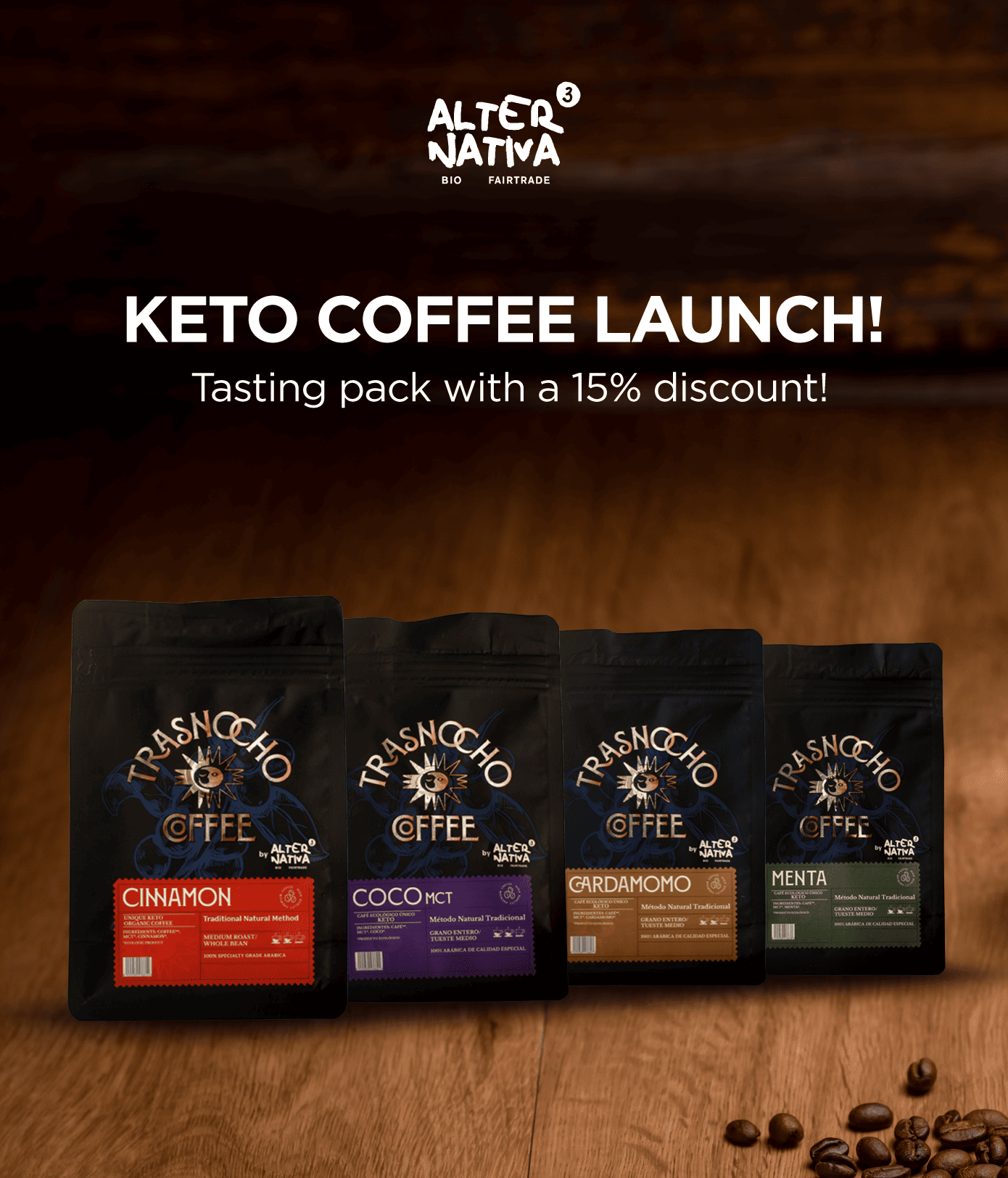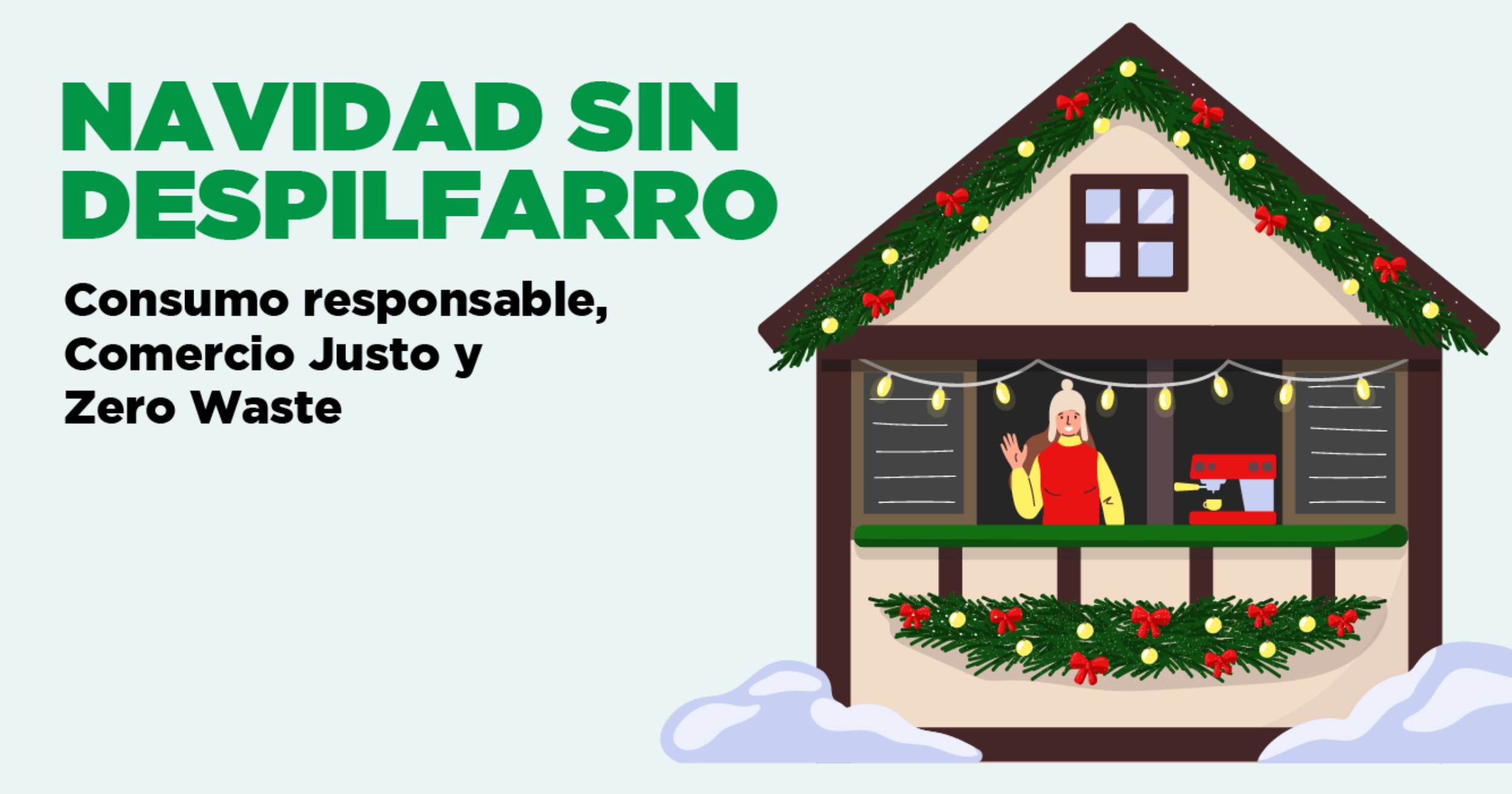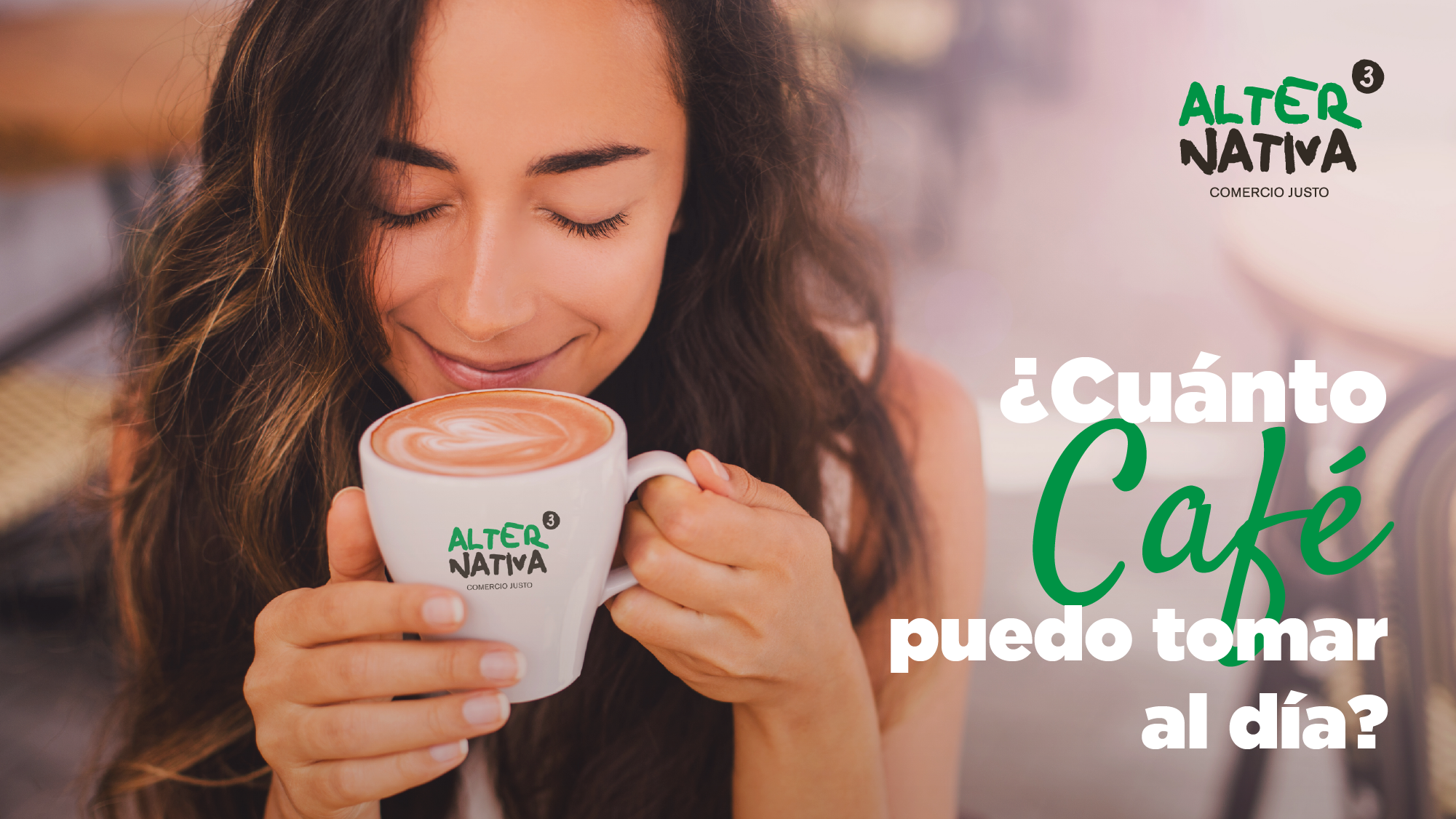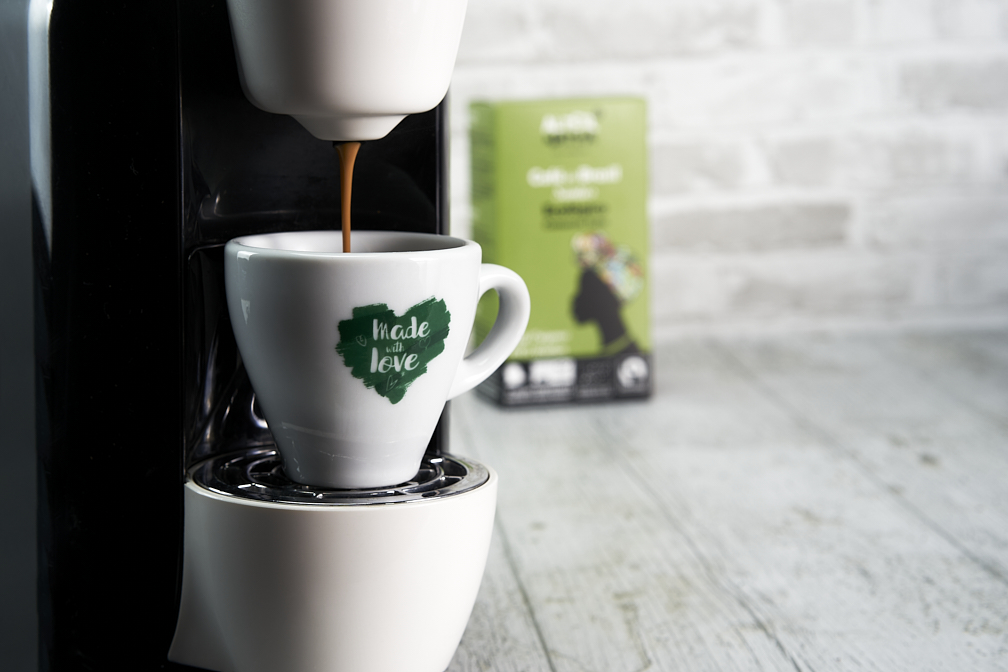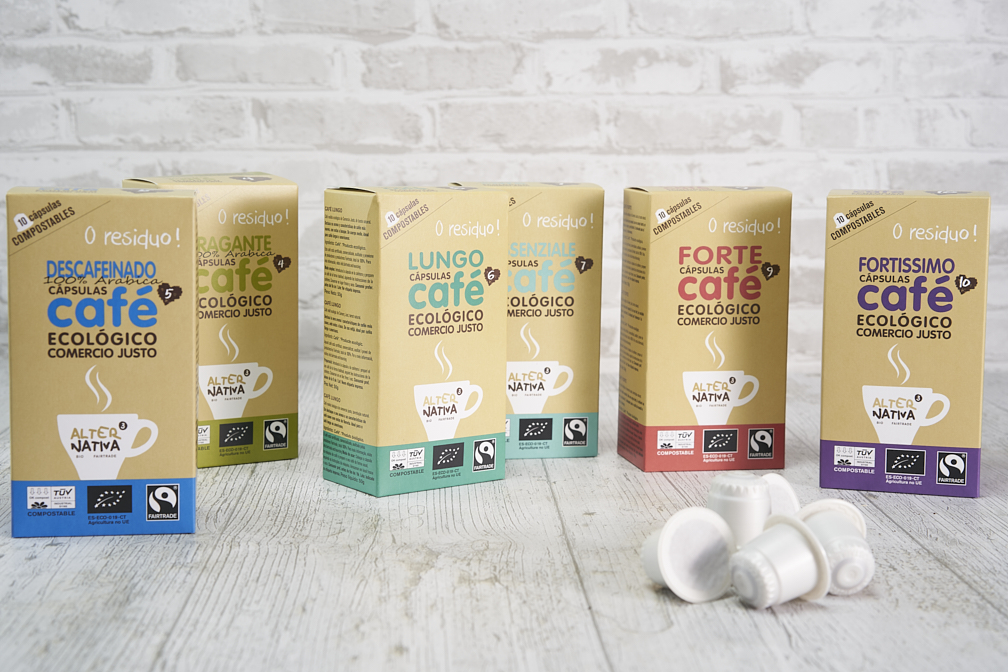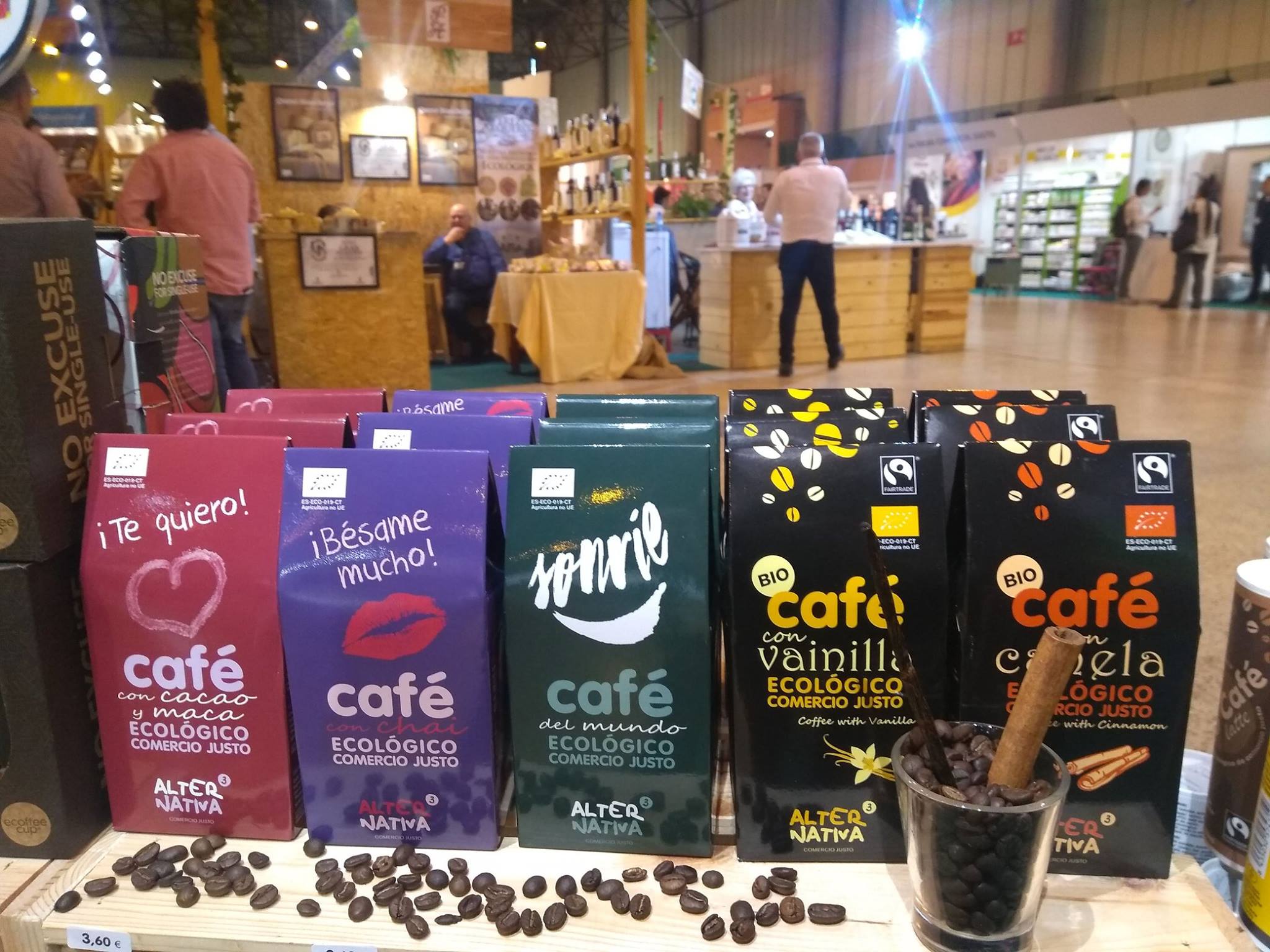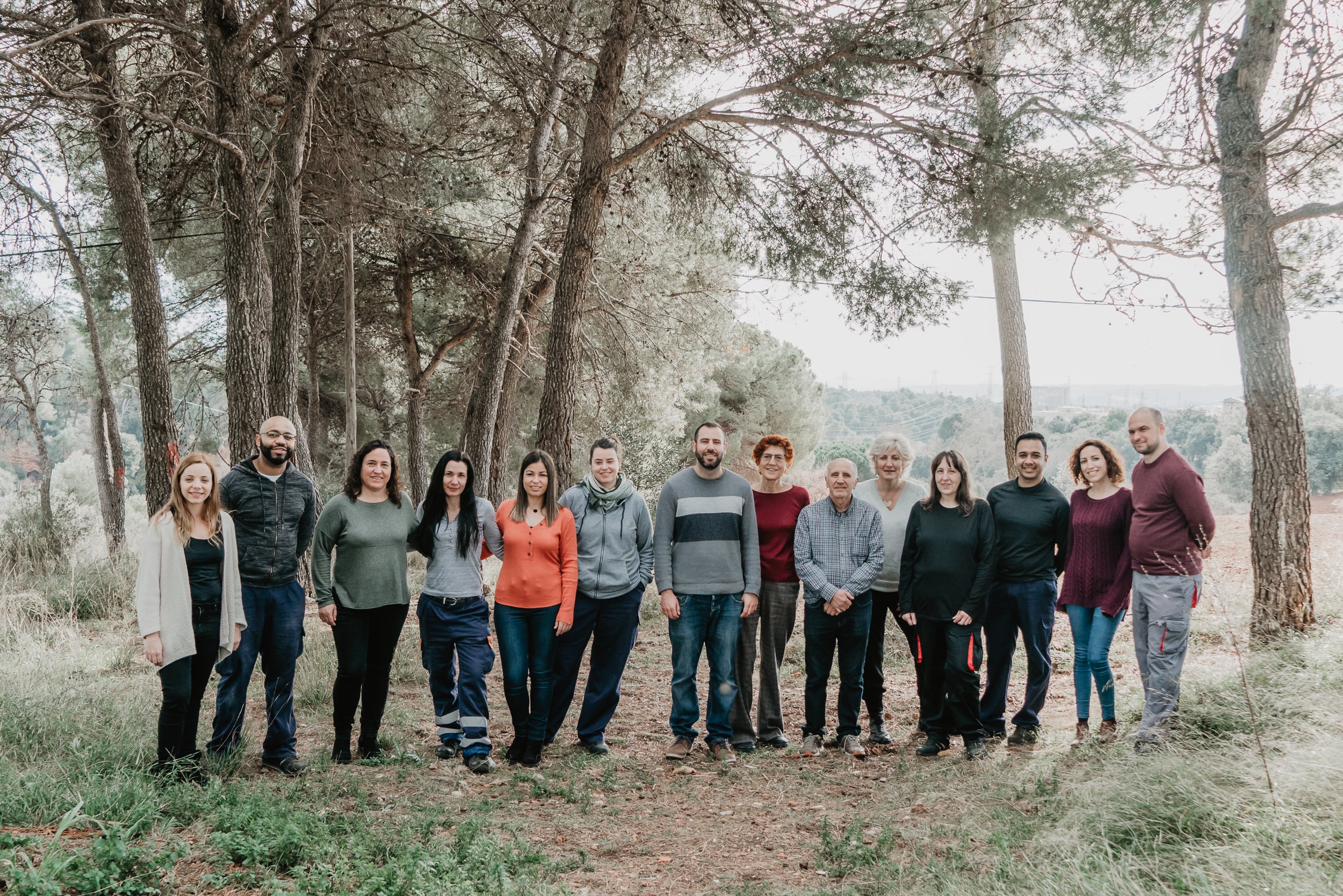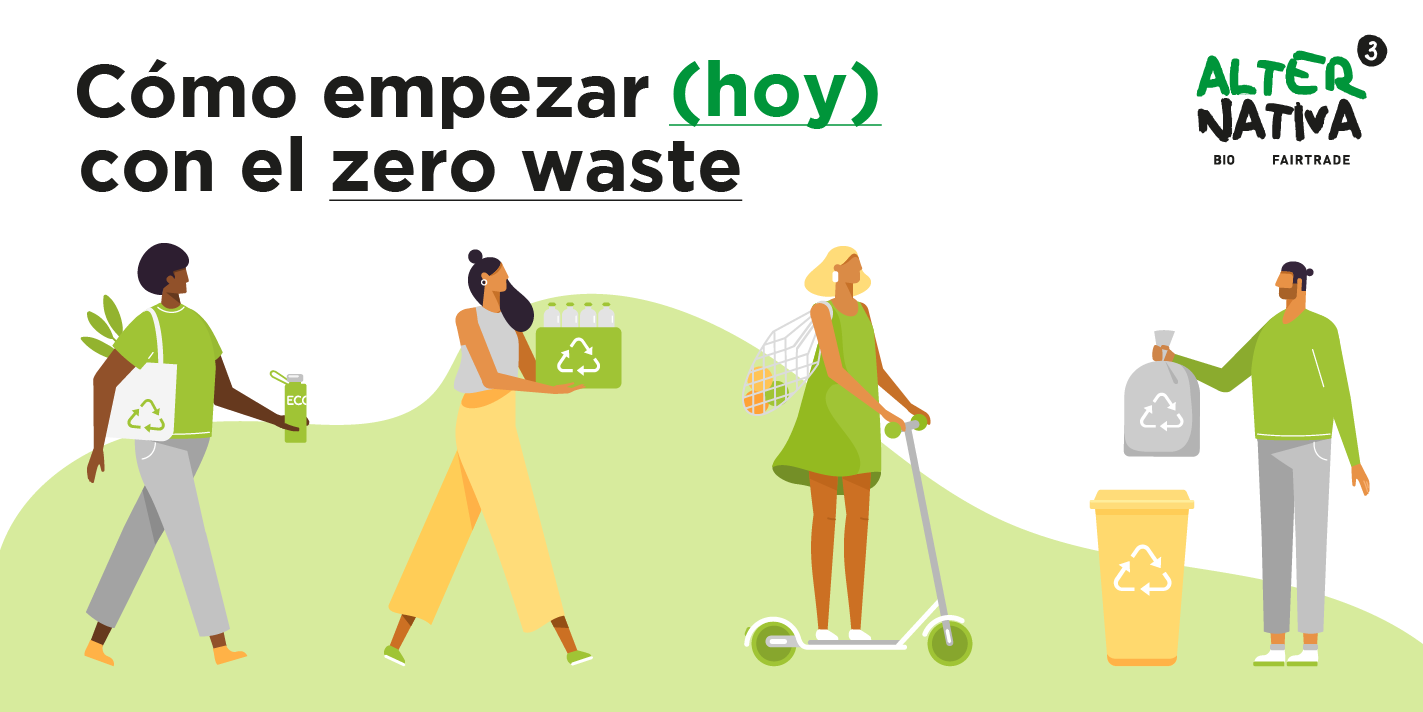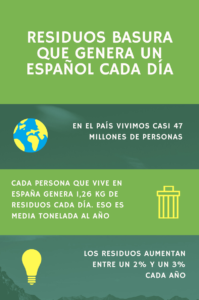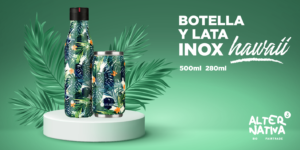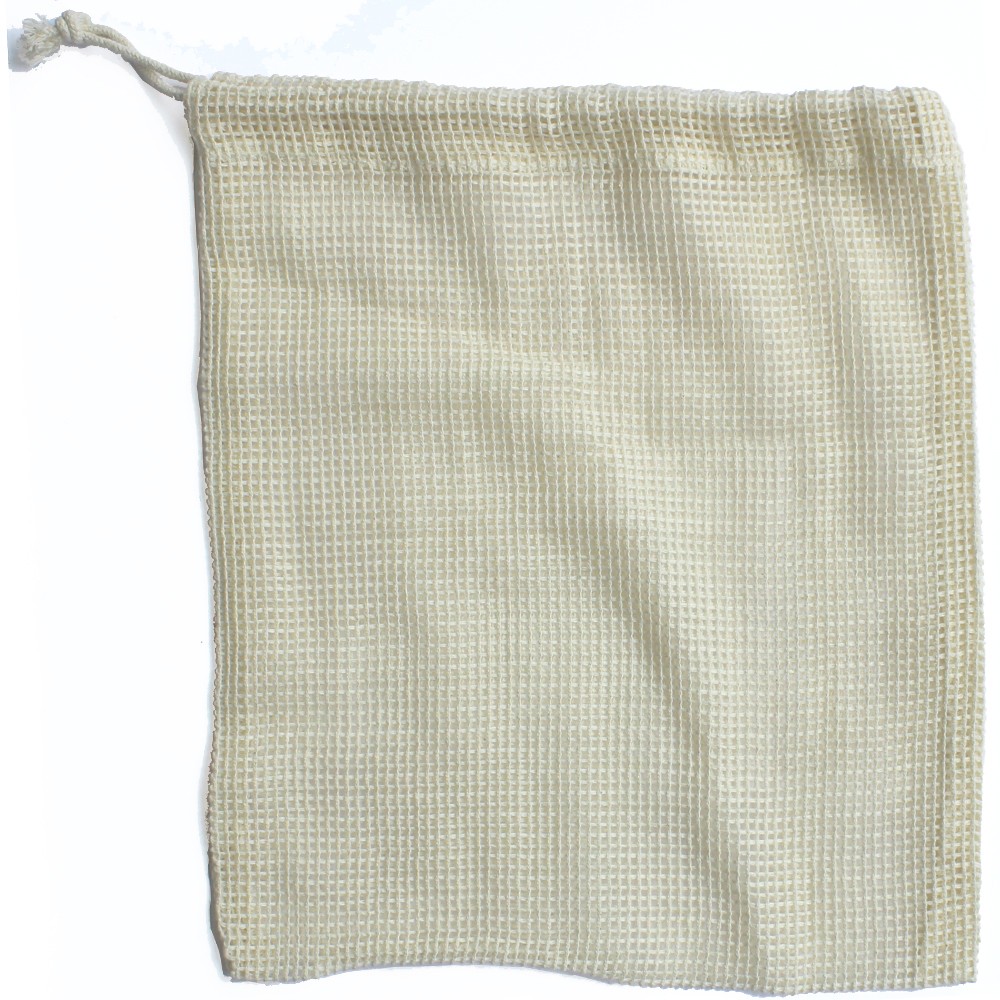Author: Eugenia González.
Enjoying Christmas and at the same time practising responsible consumption, Fair Trade and Zero Waste seems impossible. But is it? Here's another way to celebrate the holidays.
Christmas another year. You look forward to it, it's a special time. But at the same time there are so many things to do: commitments, shopping, invitations... let's face it, celebrating Christmas is a lot of work.. But we like it, especially if there are children in the house.
And in the midst of all this, the question: can I celebrate the holidays in a way that aligns with my values? Enjoyment, while at the same time not falling into consumerism and wastefulness? Yes, of course!
Christmas is a special time. But it is still a succession of days with their little everyday decisions. You can opt for a conventional product, or you can choose a more ethical and sustainable option.
You know, your power as a consumer is very great. And precisely because Christmas is a time of heavy consumption, it is an ideal time to practice Fair Trade, responsible shopping and Zero Waste.
But how to take action? Here are some practical ideas:
- Responsible gifts
- Christmas recipes with Fair Trade products
- Strategies for Zero Waste Parties
Responsible Gifts
Yes, gift giving is one of the most beautiful and rewarding acts. But sometimes it takes a lot of effort to find the perfect gift, to make the recipient happy. Not to mention all those situations in which we give gifts out of affection... but also a little out of commitment.
As a gift... why not give Fair Trade products? They are of high quality, they guarantee that the people who produce them have received a fair payment for their work and that the environment has been protected in their manufacture. What more could you ask for?
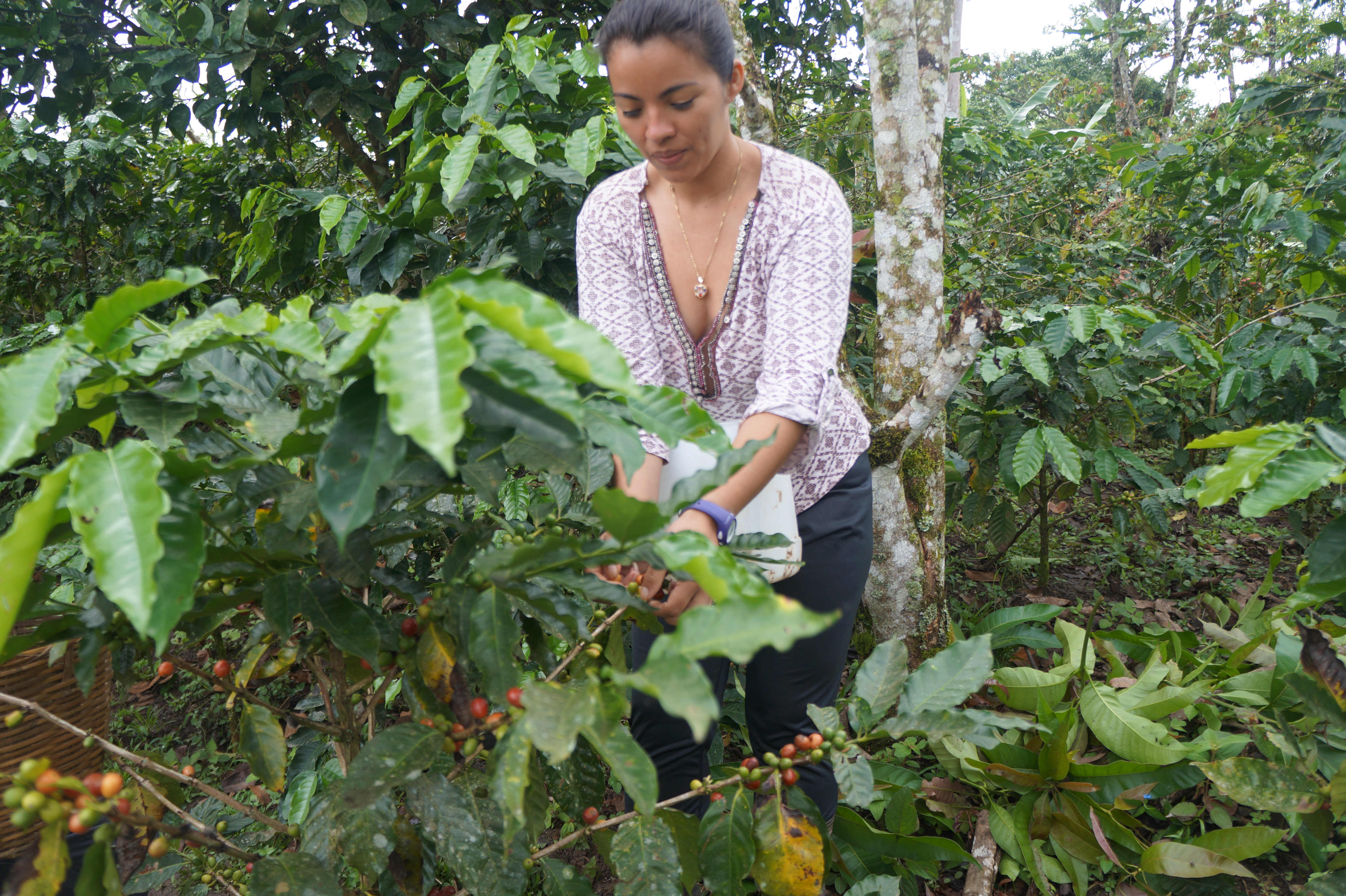
- Fair trade shops. Do you know what the first shops specialised in Fair Trade products were considered to be? Gift shops (because there you could find a great variety of exotic, handmade and precious items). Nowadays, there are more than 100 Fair Trade shops in Spain. You will find gifts to suit all tastes: handicrafts, jewellery, clothes, stationery, decorative objects, toys... even mobiles.
At the beginning of December I usually go to one of these shops and, in a single afternoon, I order all the presents for Father Christmas and the Three Wise Men.
Looking for a Fairtrade shop near you? Here you will find more than 100:
https://comerciojusto.org/tiendas/
Do you prefer online shopping? Here are 16 specialised Fair Trade portals:
https://comerciojusto.org/tiendas/tiendas-on-line/
- When I have an engagement and I don't know the person too well, I opt for Fairtrade gift packs: who doesn't like a good coffee, a nice chocolate, a delicious hot chocolate? On the AlterNativa3 website you can find cool and complete gift packs:
https://alternativa3.bio/navidad.html
- And what do we do with all those occasions when we don't know what to give? You know, the "Secret Santa", the cousin you see a couple of times a year... and those people you love a lot, but who are very difficult to please. In these cases, I am a firm advocate of gift vouchers.
When you buy something out of pure commitment, without knowing whether it will be liked, you risk that the item will not be used. That's a shame, a waste... don't you think? With a gift voucher, on the other hand, the person buys what they like... and everyone is happy. And I'll let you in on a secret: I love receiving gift vouchers.

The usual recipes... with Fairtrade ingredients
As you know, Fairtrade does not propose that you radically change all your consumption habits. It invites you to replace your usual consumer products with more ethical and sustainable options.
If during the year you take care of yourself, buy organic products, opt for Fair Trade... why not do it during Christmas? It's clear to me: they are special holidays, but I still do the things that I like and that feel good to me.
Here are three Christmas recipes. They are ideal for the whole family to enjoy.
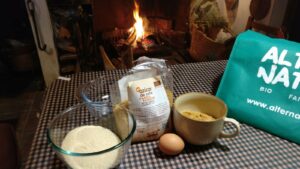
- Crunchy chocolate nougat. Low in sugar, intense chocolate flavour... and vegan!
https://alternativa3.com/turron-de-chocolate-vegano/
- Marzipan: you only need eggs, ground almonds, sugar... and a lot of love. A super-easy recipe, ideal to make with the little ones at home and to explain to them what Fair Trade is.
https://alternativa3.com/receta-mazapan/
- These biscuits are our favourite. Honestly? We make them all year round, but at Christmas we bake them in the shape of a star to make it more festive.
https://alternativa3.com/receta-de-galletas-cacao-maca-jengibre/
Zero Waste Christmas
Zero Waste is a philosophy that aims to reduce the waste you generate as much as possible. Let's face it, at Christmas that seems impossible... but it's not.
I have been practising the Zero Waste and, after a couple of Christmases, these are my tricks:
- Use cotton bags when you go shopping (for fruit and vegetables, cereals, dried fruit and nuts...) This way you won't waste the ones from the supermarket and you will generate less waste.
- If you buy a packaged product, prioritise brands that use biodegradable materials in their packaging.
- Reuse all paper. Gift wrapping paper, boxes in which orders are delivered... use them to make crafts. I, for example, cut all the paper into more or less equal rectangles. I attach them with a very large paper clip and I get a very rustic-looking notepad that looks really nice. The notepads I make at Christmas... they last me all year long!
- How about giving Zero Waste products as a gift? Many people are curious, but it's a mountain to climb and they don't know where to start. Why not help them with some cotton bags for the grocery shopping? Or a pack of bamboo toothbrushes? Or a nice stainless steel bottle so they can forget about single-use plastic bottles once and for all?
Here is a link to some great Zero Waste gift ideas:
https://alternativa3.bio/catalogsearch/result/?q=botellas
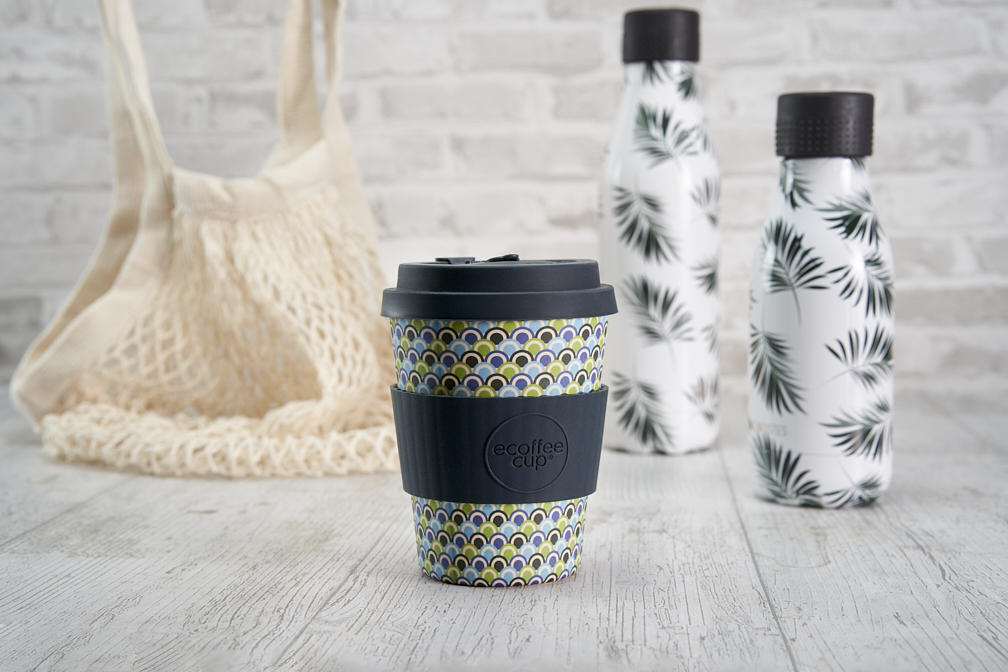
Merry Christmas... but for all of you
Personally, I find Christmas a slightly stressful time of year... Very beautiful, yes, but full of commitments. That's why I've been looking for a way to enjoy Christmas in my own way. I want the actions I do during these days to be aligned with my values: Fair Trade, responsible consumption and Zero Waste.
Reducing, recycling, shopping more consciously... every gesture adds up. It's a very powerful form of activism. It makes me feel good about myself. And I know it has an impact on the living conditions of others. And also for the planet.
How about a responsible Christmas? It's just a matter of substituting some actions for others... but the result is very different. But just as much fun.
Merry Christmas.
